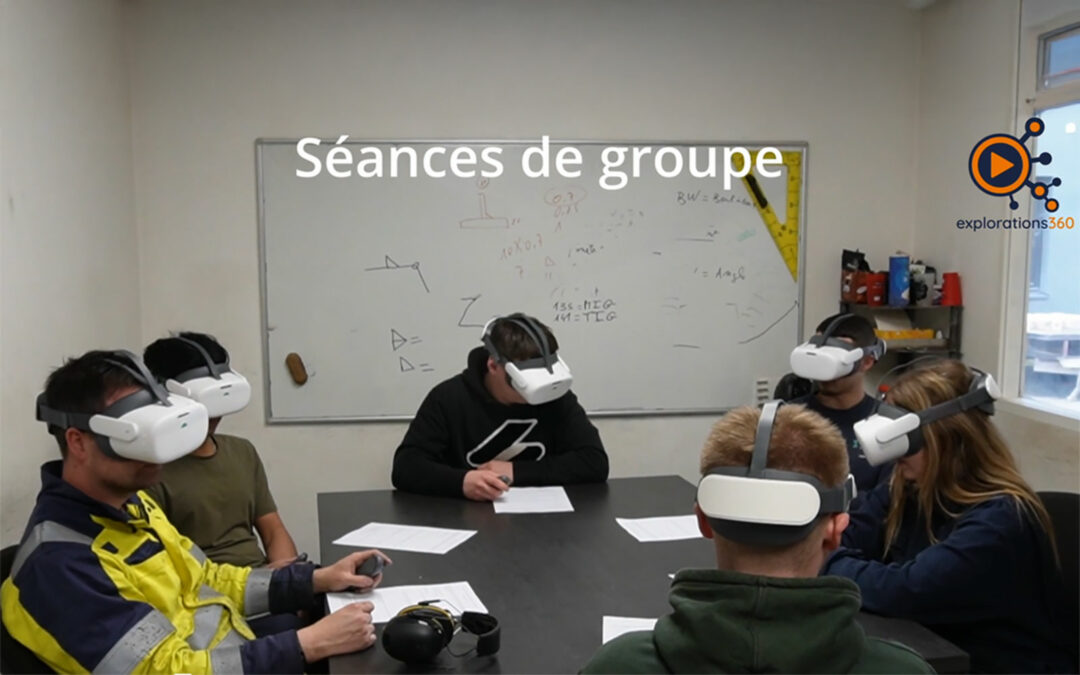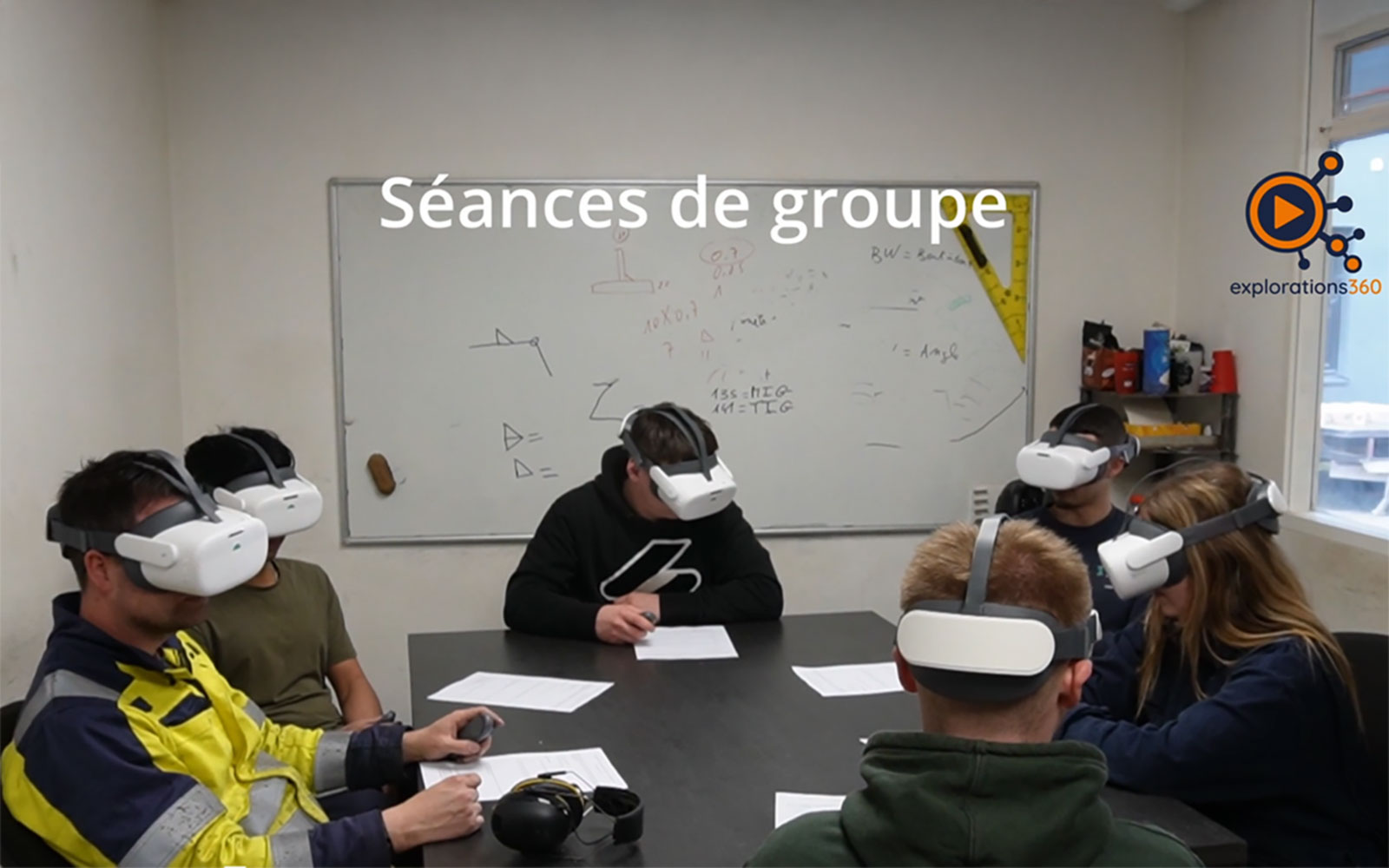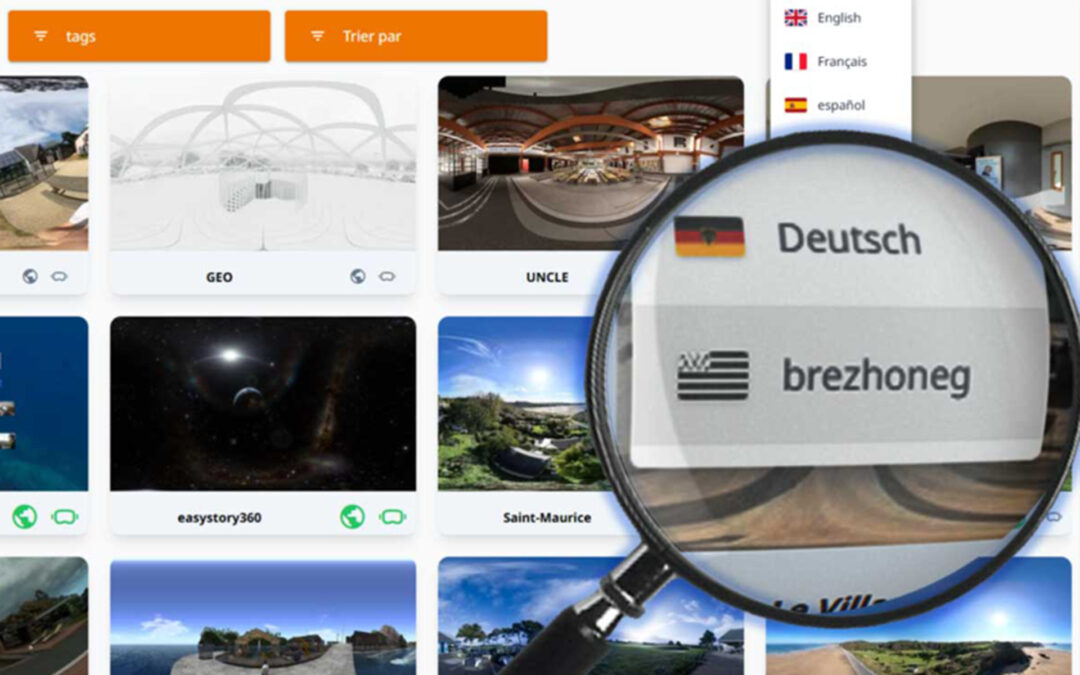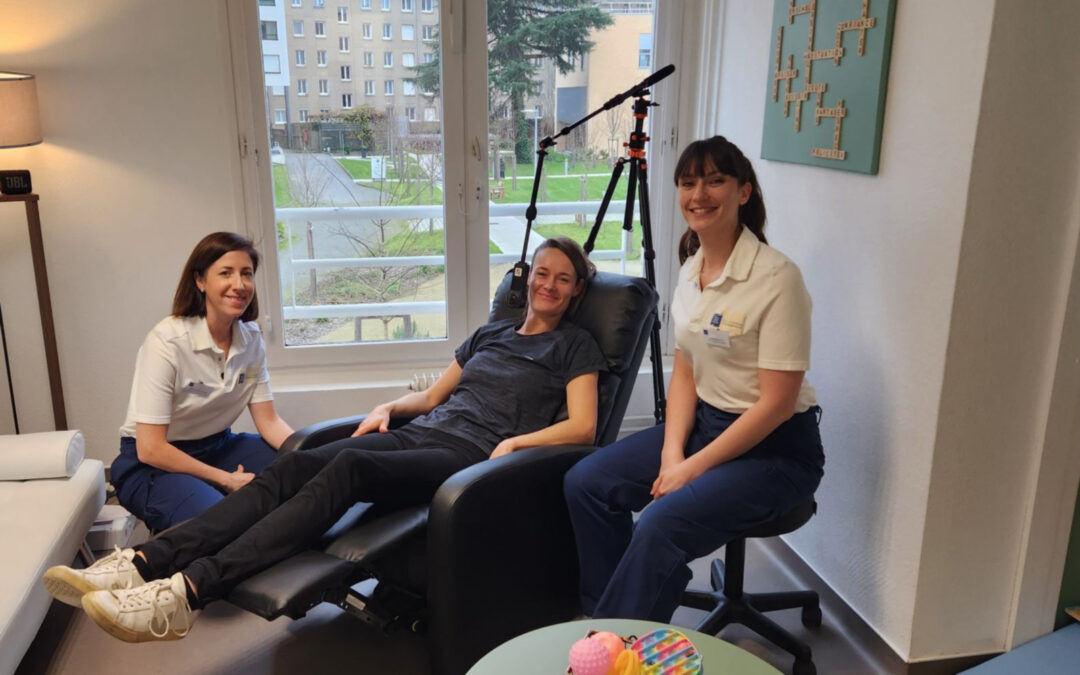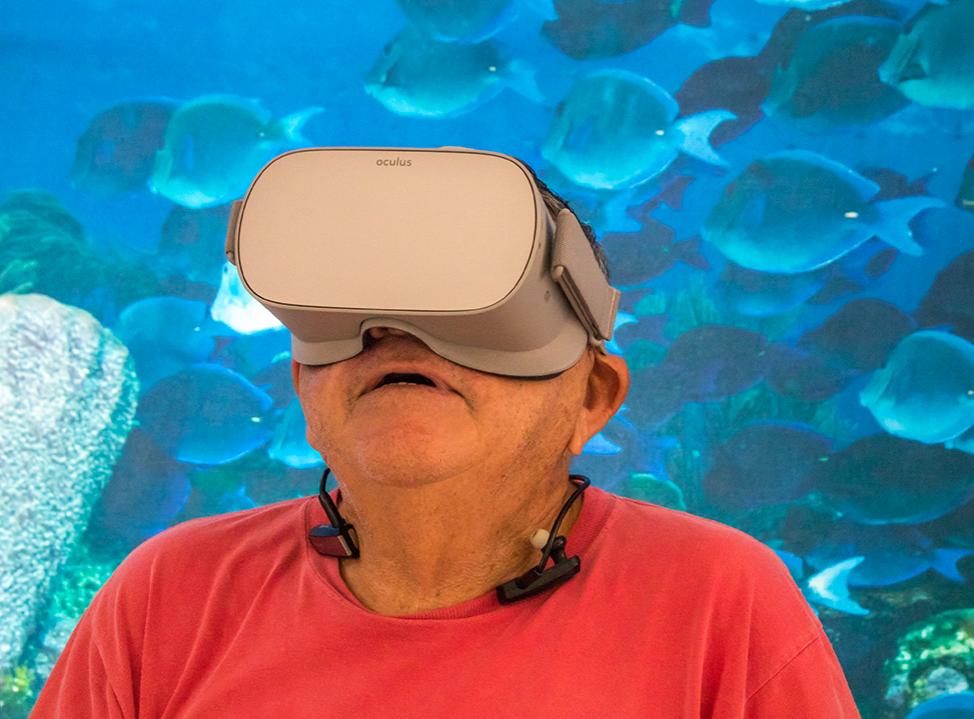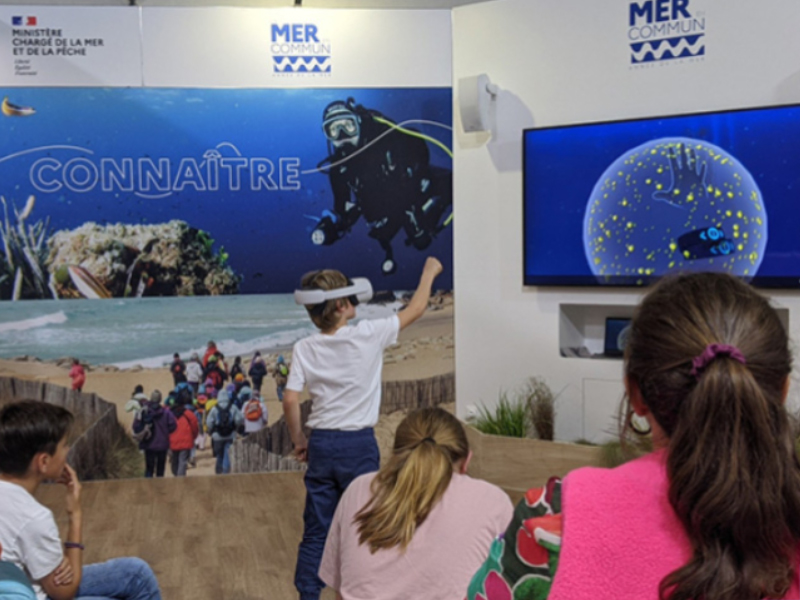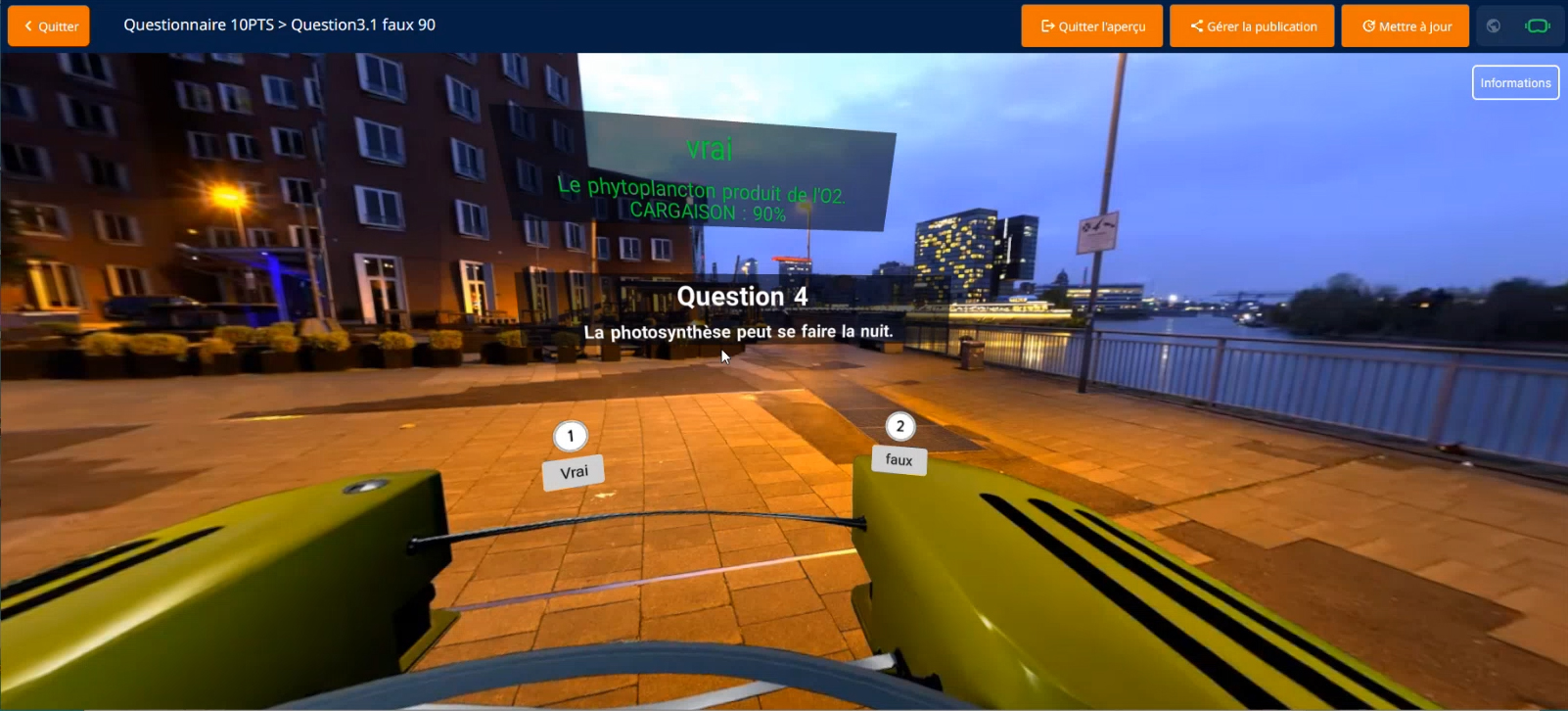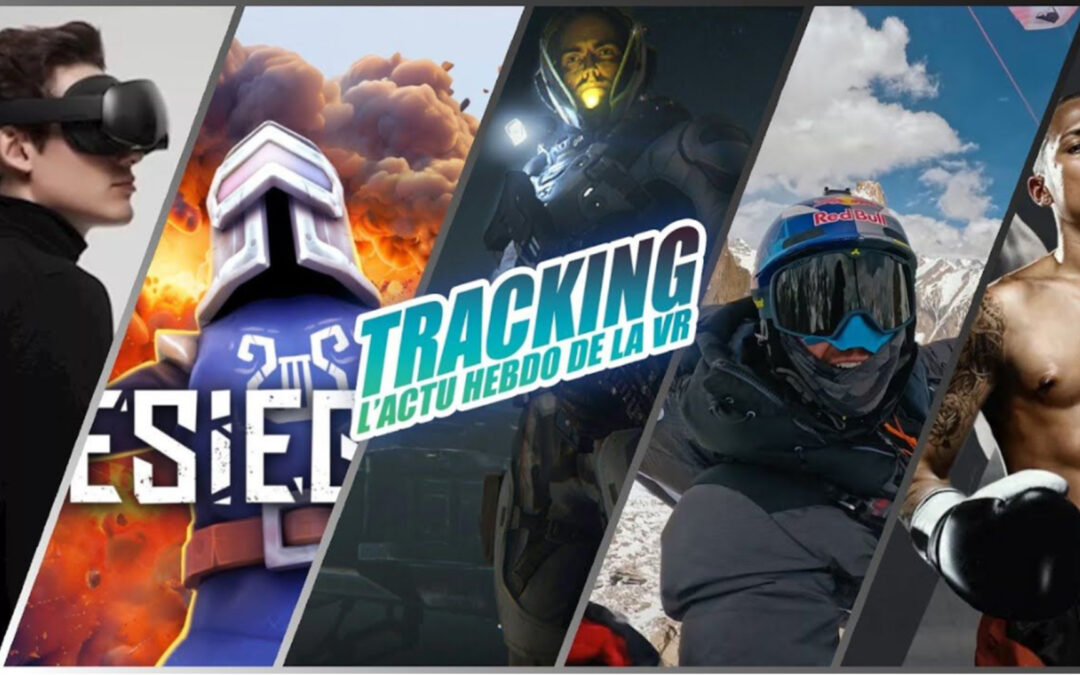
360 WordPress Plugin on Tracking
Our WordPress plugin
easystory360 Ultimate on TRACKING
🎥 [REPLAY] Tracking quotes EasyStory360 in its VR news review!
We had the pleasure of being quoted by @RamesVR in its "Tracking" show on August 2, 2025, a reference in the field of immersive technologies on YouTube.
📰 At 00:54, Rames presents EasyStory360 Ultimate, our WordPress plugin designed to seamlessly integrate VR360 experiences into a website.
💡 Many thanks to him for highlighting our tool dedicated to popularizing and distributing immersive content, for all professions: museography, training, communication, tourism, etc.
👉 The show can be found here:
🔗 YouTube - Tracking, episode of August 2, 2025
And to test the EasyStory360 plugin:
🔗 Plugin 360 WordPress
🔗 Version Ultimate on easystory360.tools

💡 A credo: simplify life for 360° content producers with a universal "NoCode" tool that transforms images or videos into truly interactive immersive experiences!
🏁 My first brand, subOceana, was born in "a" metaverse, in 2007... 👂 And already with this idea: putting technology at the service of meaning and the human.
🏷 I've never really liked labels, headings, categories or other drawers: every community has its own language, every profession its own jargon, and depending on the world you're in or the people you meet, what makes sense 🧑🎓 in one case can turn out to be completely ridiculous 🥳 or outdated in another.
🤩 What I really like: spending hours testing, twisting tools, breaking established habits. Innovating*, not necessarily to make something new, but to make tech invisible and put it at the service of those who need it. Like when you spend time cooking a complicated dish, having in mind the pleasure of simplicity and conviviality 🥂 that will follow.
It's this technological conviviality that I seek to cultivate. And that's what we transmit at explorations360.
🕵♂️🕵♀️👨🚀👩🚀👨🚒👩🚒👷♂️👷♀️👨🎨👩🎨👨💻👩💻 A customer (ours are professionals), who can easily appropriate technology (in this case, virtual reality) and let it take a back seat to the experience and the message, will use it to increase their ability to create, train, communicate, share and inspire their own audience.
Virtual reality must not impress. It must transform.
At explorations360, we help hospitals, manufacturers, cultural players and training organizations to engage their teams, train effectively and pass on knowledge in new ways.
Thanks to a simple yet powerful platform, we have already helped more than 100 organizations create customized immersive experiences:
- Industrial safety courses
- Care habituation for the disabled
- Interactive cultural tours
- Experiential & inclusive tourism
- Immersive training for the food industry
What sets us apart?
- Our integrated production, scripting and support capabilities
We believe that technology should be replaced by the message.
==》You want to transform the way you train, communicate or raise awareness?
Contact me via the form or book an appointment via the DEMO button.
*Innovating: talking 6 months before others about things... that we've been doing for 10 years to general indifference, sometimes tinged with a little mockery 😉

